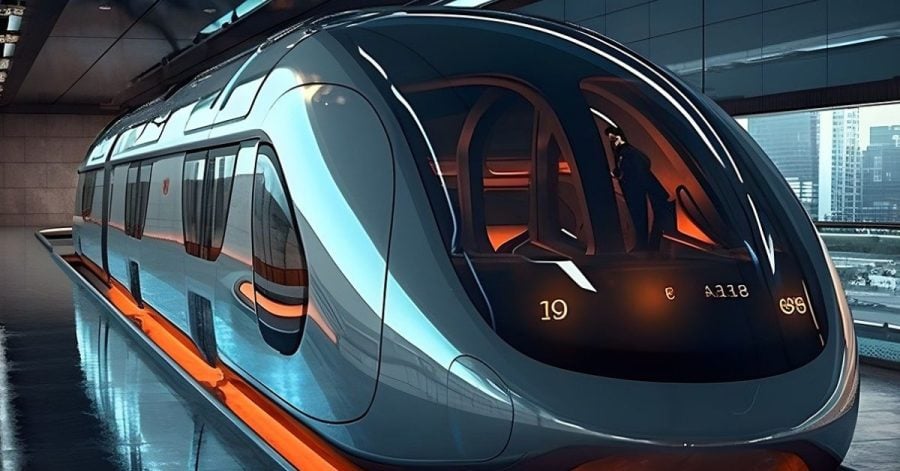Only have 1 minute? Here are 3 takeaways from the piece
• Hyperloop startup Swisspod Technologies has been awarded a new grant worth €3.5M by the Swiss Government and the European Commission
• The “Muspell” project aims to develop long-range energy-autonomous hyperloop vehicles
• Swisspod Technologies is already working on creating mobility solutions that would rival high-speed railways and airplanes
Hyperloop transportation is a new mode of transportation similar to a train, where a low-pressure environment is created and which in turn allows a network of capsules or trains to travel at high speeds.
The innovative technology behind this novel type of transportation aims to revolutionize transportation by offering high-speed travel at competitive costs, comparable to traditional railway systems.
According to the company’s CEO Denis Tudor, the new budget will allow the company to develop its long-range energy-autonomous hyperloop vehicles.
“Of course, by keeping the cost of the infrastructure extremely competitive with the railway system. The project is called Muspell. Muspell, the Norse God of Fire… because in vacuum all becomes hot,” Tudor wrote in a statement on LinkedIn.
Based in Switzerland and the US, Swisspod is an EPFL (École polytechnique fédérale de Lausanne) spinoff founded in 2019 by industry veterans and winners of the SpaceX Hyperloop Competition. In 2021, Swisspod also launched the first hyperloop testing in Europe.
The startup, co-founded by Romanian entrepreneur Tudor as a CEO and Cyril Dénéréaz as a CTO, already worked out the technological innovations necessary to build a mobility solution competitive to high-speed railway and even airplanes.
“At Swisspod, we built an innovative propulsion system which can accelerate vehicles up to 200 kilometers an hour. And that’s our unique selling point. The induction motor is a contactless-based propulsion system that functions based on electromagnetic fields. You generate the magnetic field that propels you inside this vacuum tube. And this is powered up by a battery pack that is four or five times bigger than a Tesla cybertruck. So it’s a different type of battery system which can offer a high discharge, high power, and not a lot of energy requirements,” Tudor told The Recursive in a recent interview.
Aside from Switzerland, the company also wants to have a presence in markets such as the US where they are already working on a testing facility in Colorado, and want to expand to India, and China as well in the following years.








